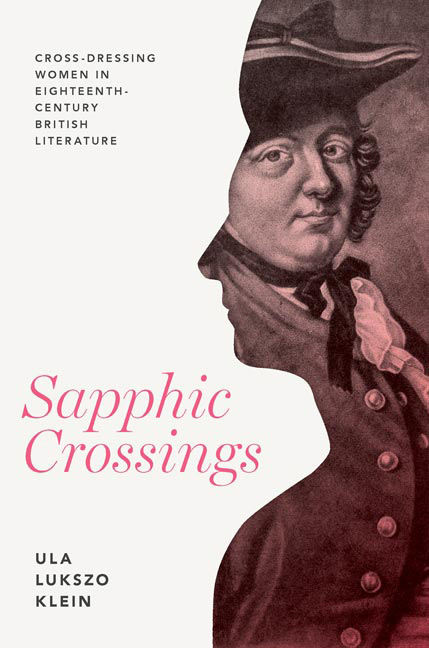Sleep and its spaces in Middle English literature: emotions, ethics, dreams
Middle English literature is intimately concerned with sleep and the spaces in which it takes place. In the medieval English imagination, sleep is an embodied and culturally determined act. It is both performed and interpreted by characters and contemporaries, subject to a particular habitus and understood through particular hermeneutic lenses. While illuminating the intersecting medical and moral discourses by which it is shaped, sleep also sheds light on subjects in favour of which it has hitherto been overlooked: what sleep can enable (dreams and dream poetry) or what it can stand in for or supersede (desire and sex). This book argues that sleep mediates thematic concerns and questions in ways that have ethical, affective and oneiric implications. At the same time, it offers important contributions to understanding different Middle English genres: romance, dream vision, drama and fabliau.
zum Buch im ULB-Katalog
zum Buch auf der Verlags-Website
Sapphic crossings: cross-dressing women in eighteenth-century British literature
 Across the eighteenth century in Britain, readers, writers, and theater-goers were fascinated by women who dressed in men’s clothing—from actresses on stage who showed their shapely legs to advantage in men’s breeches to stories of valiant female soldiers and ruthless female pirates. Spanning genres from plays, novels, and poetry to pamphlets and broadsides, the cross-dressing woman came to signal more than female independence or unconventional behaviors; she also came to signal an investment in female same-sex intimacies and sapphic desires. Sapphic Crossings reveals how various British texts from the period associate female cross-dressing with the exciting possibility of intimate, embodied same-sex relationships. Ula Lukszo Klein reconsiders the role of lesbian desires and their structuring through cross-gender embodiments as crucial not only to the history of sexuality but to the rise of modern concepts of gender, sexuality, and desire. She prompts readers to rethink the roots of lesbianism and transgender identities today and introduces new ways of thinking about embodied sexuality in the past.
Across the eighteenth century in Britain, readers, writers, and theater-goers were fascinated by women who dressed in men’s clothing—from actresses on stage who showed their shapely legs to advantage in men’s breeches to stories of valiant female soldiers and ruthless female pirates. Spanning genres from plays, novels, and poetry to pamphlets and broadsides, the cross-dressing woman came to signal more than female independence or unconventional behaviors; she also came to signal an investment in female same-sex intimacies and sapphic desires. Sapphic Crossings reveals how various British texts from the period associate female cross-dressing with the exciting possibility of intimate, embodied same-sex relationships. Ula Lukszo Klein reconsiders the role of lesbian desires and their structuring through cross-gender embodiments as crucial not only to the history of sexuality but to the rise of modern concepts of gender, sexuality, and desire. She prompts readers to rethink the roots of lesbianism and transgender identities today and introduces new ways of thinking about embodied sexuality in the past.
zum Buch im ULB-Katalog
zum Buch auf der Verlags-Website
Weitere Titel können Sie in unseren Neuerwerbungslisten für die Anglistik entdecken!
